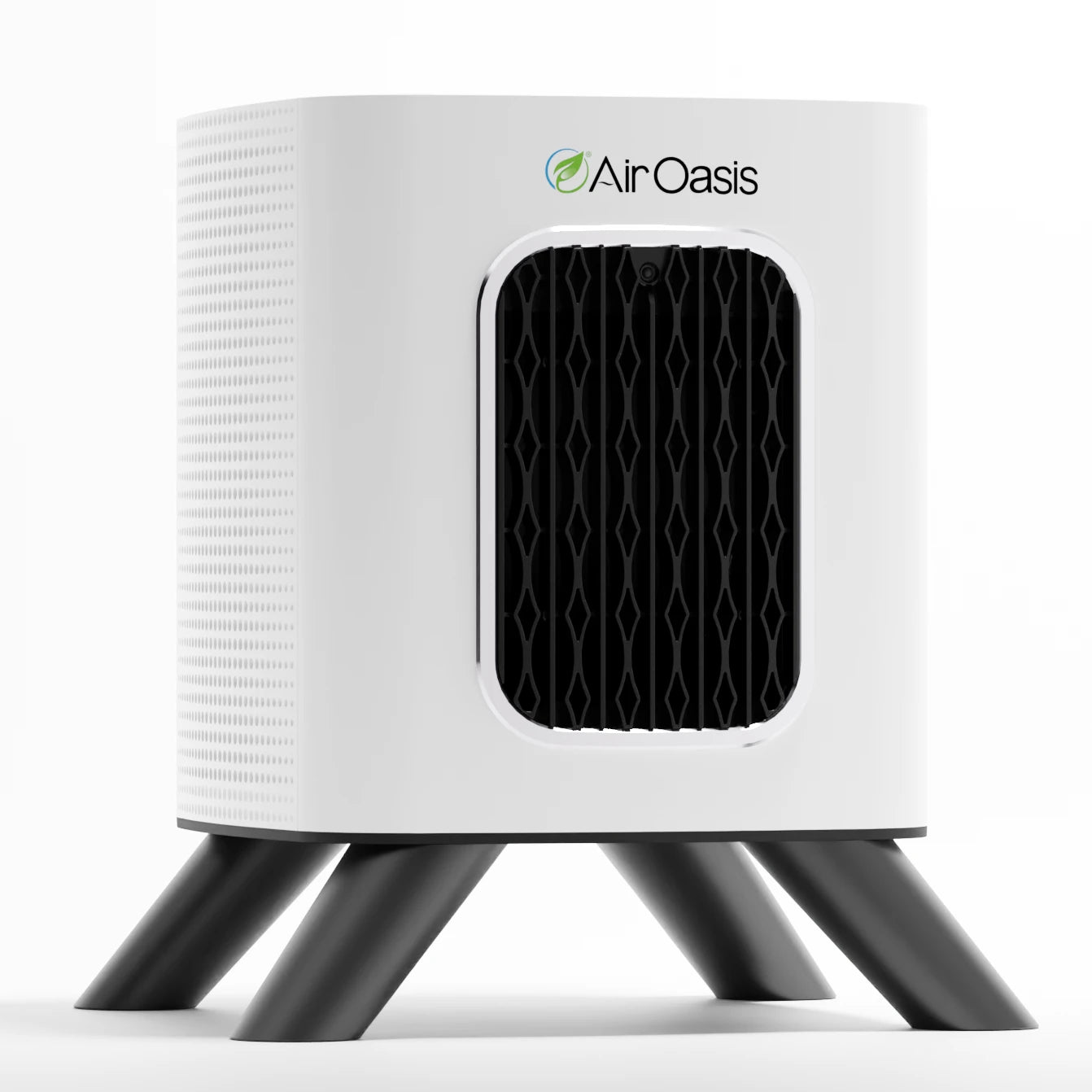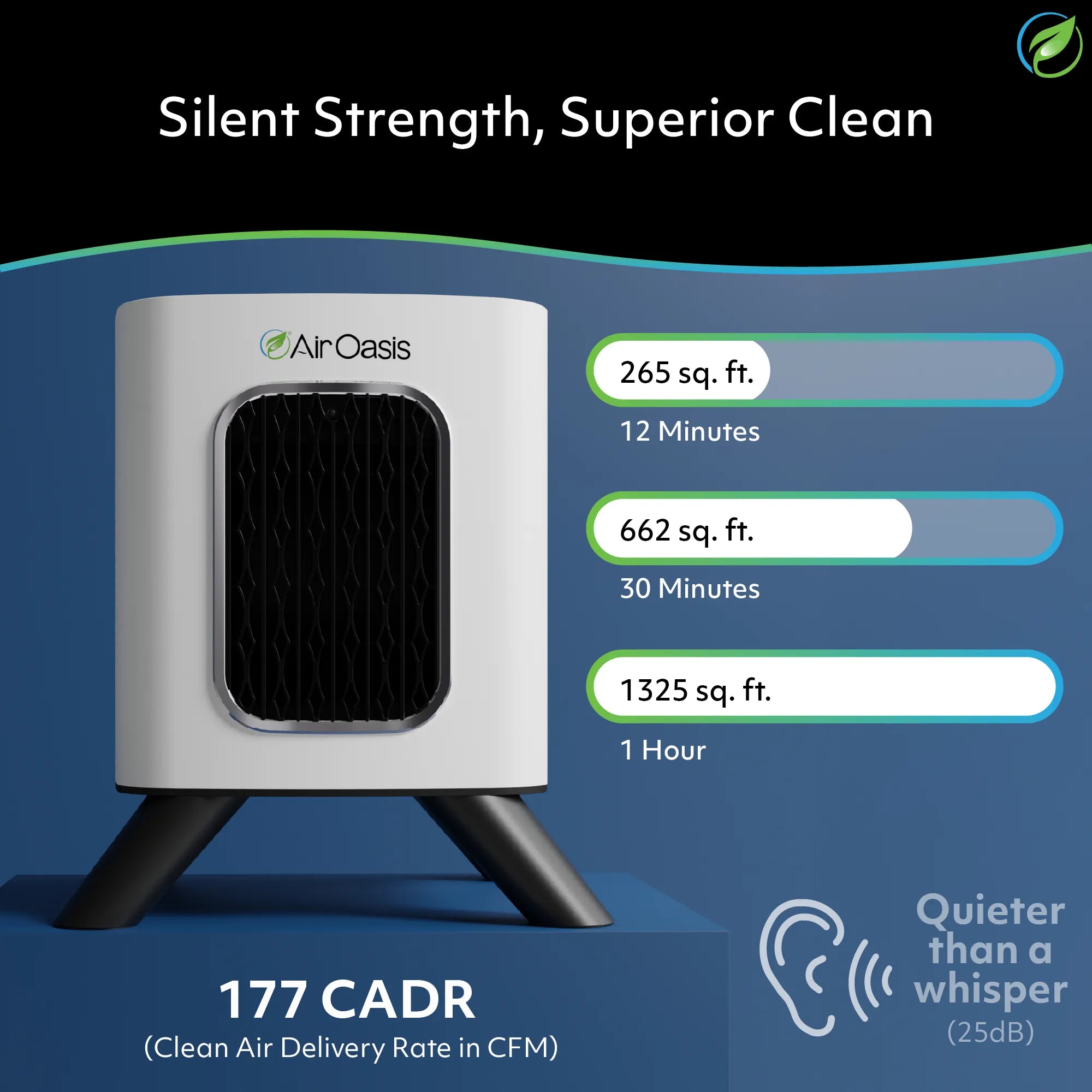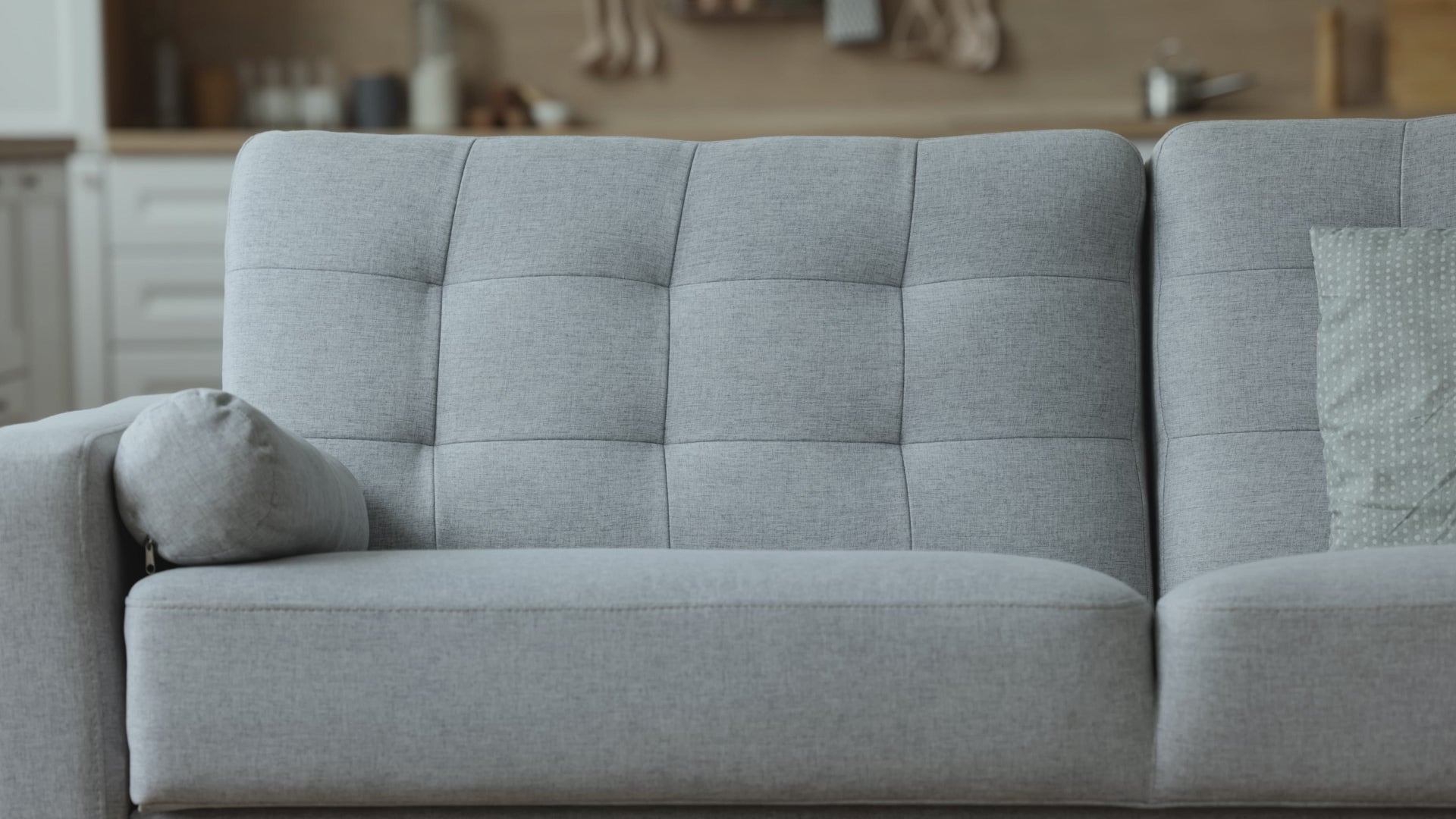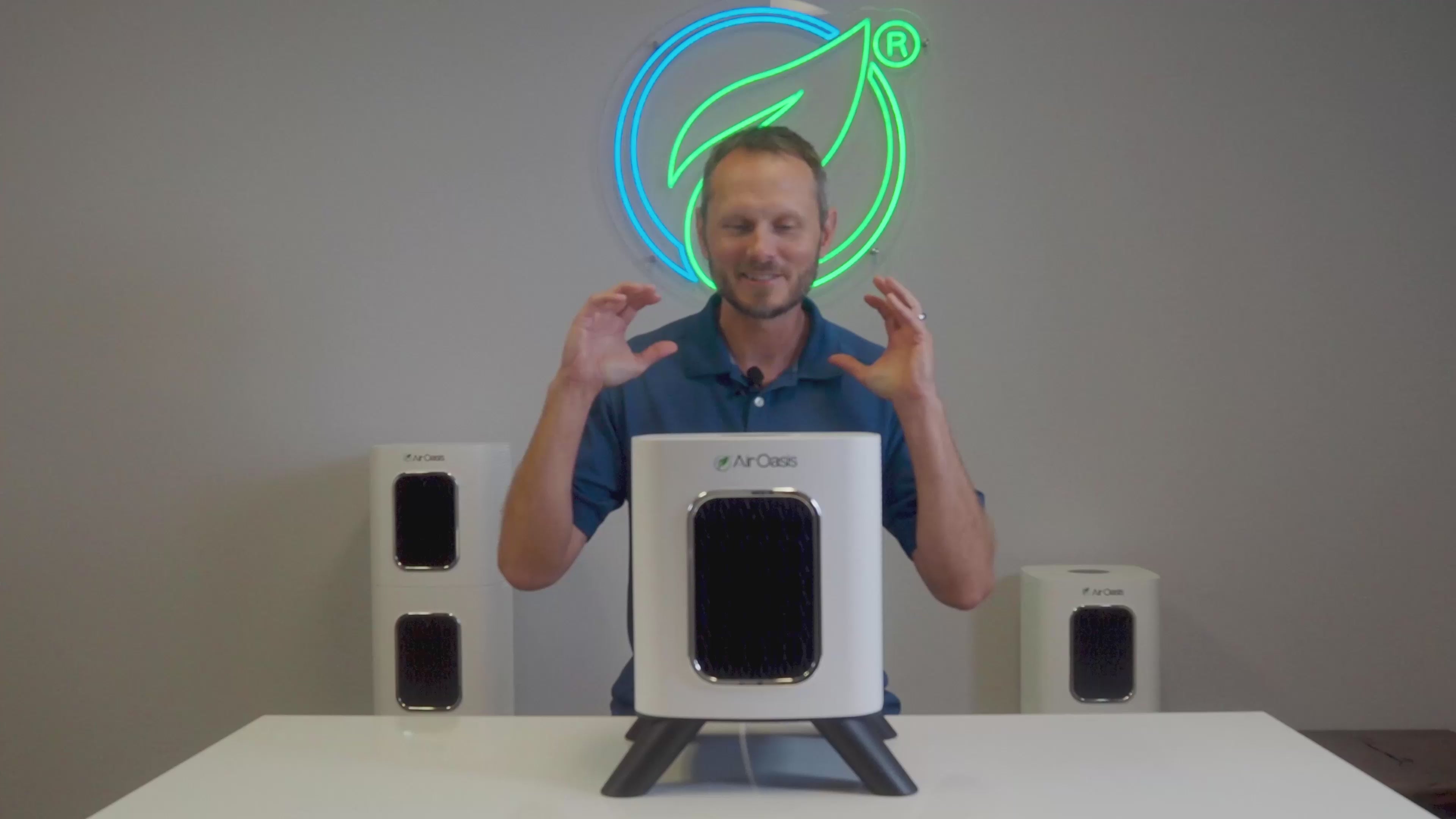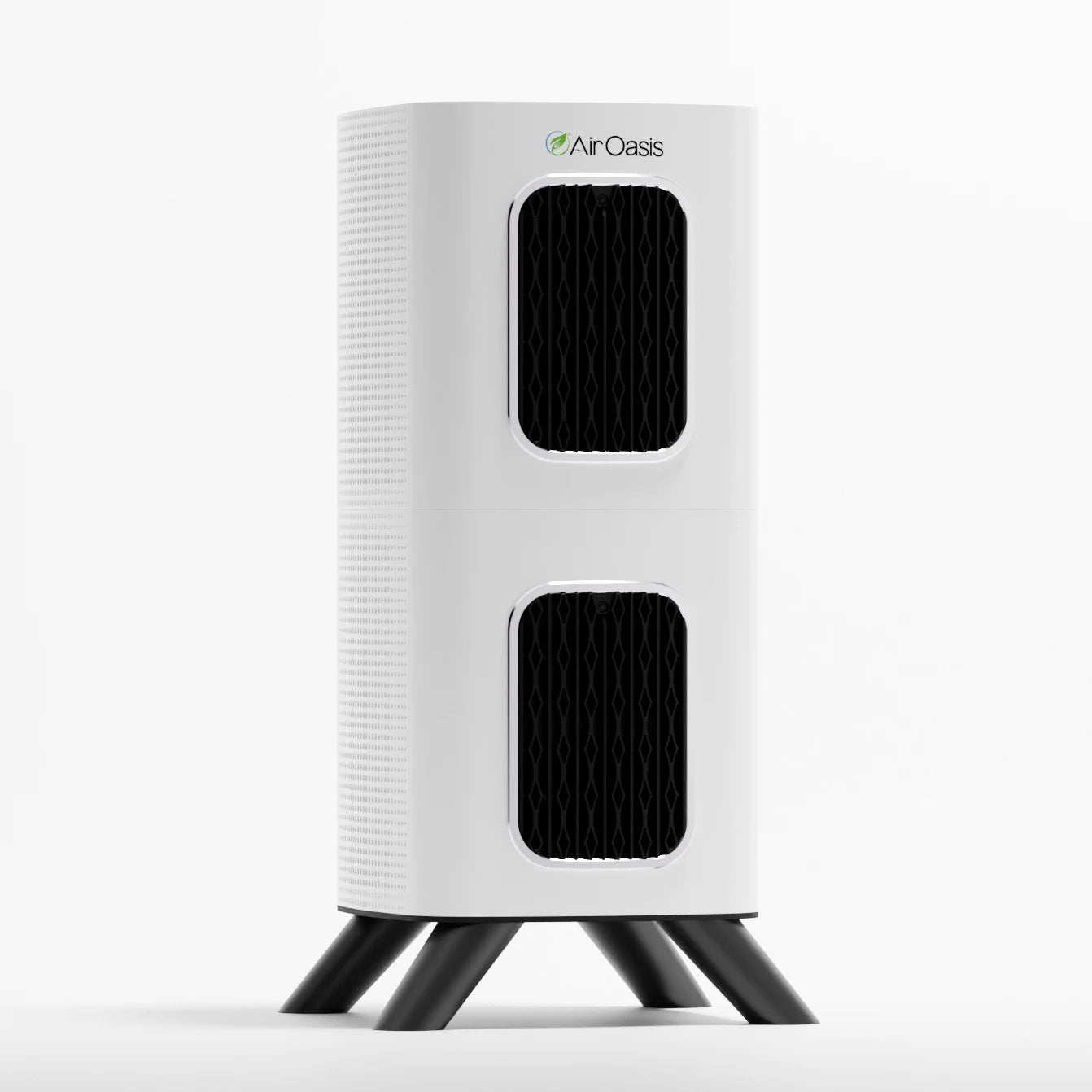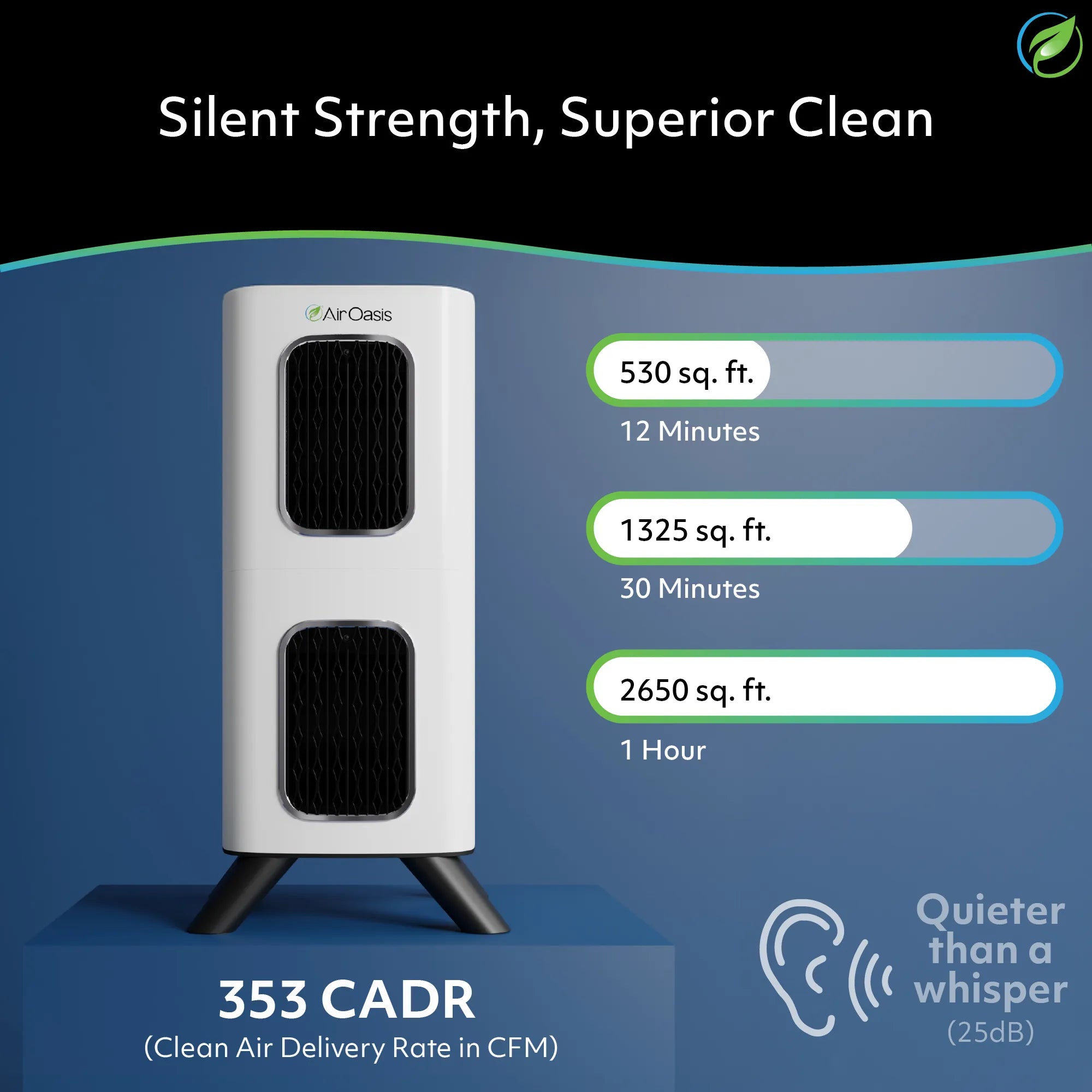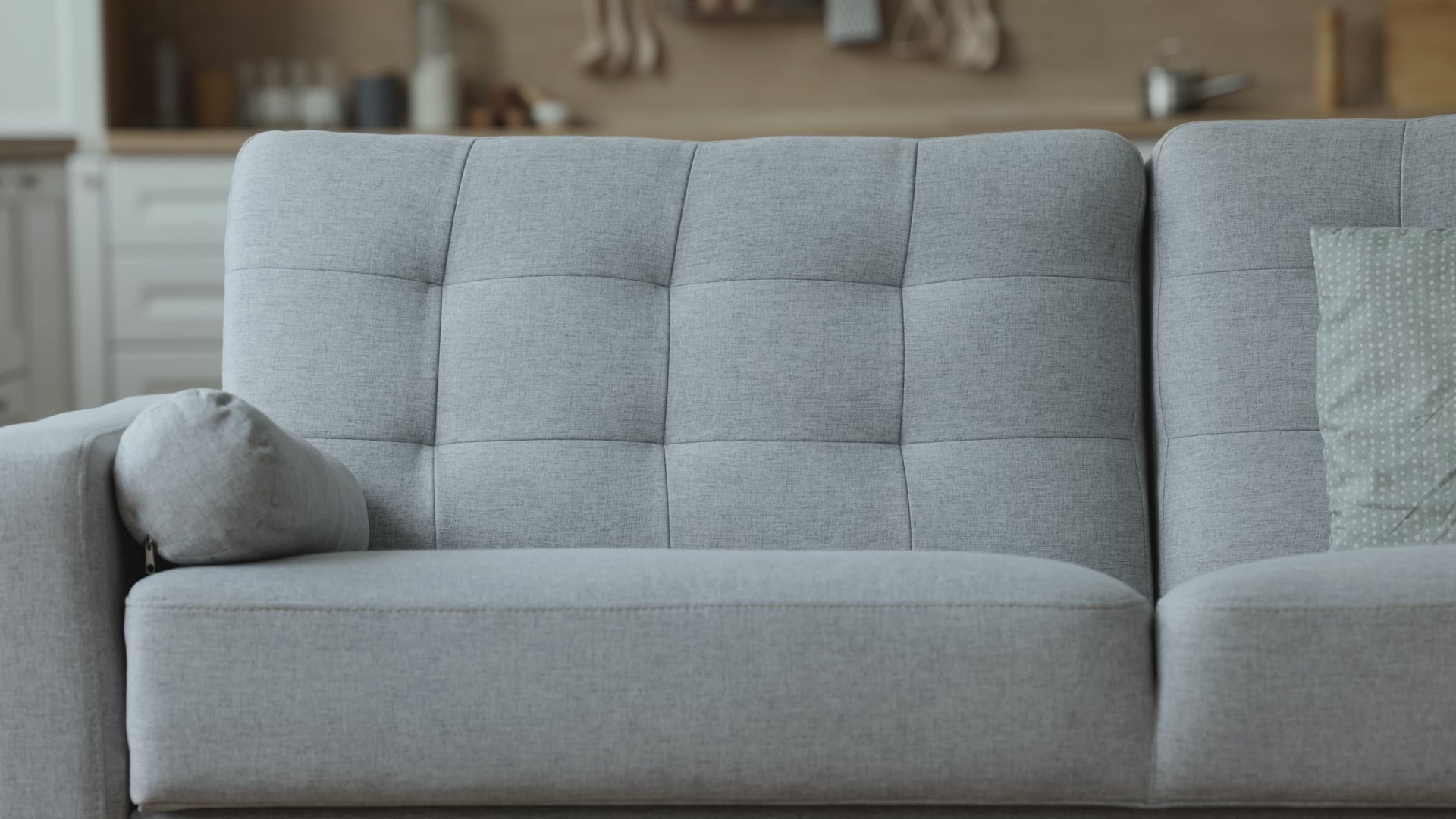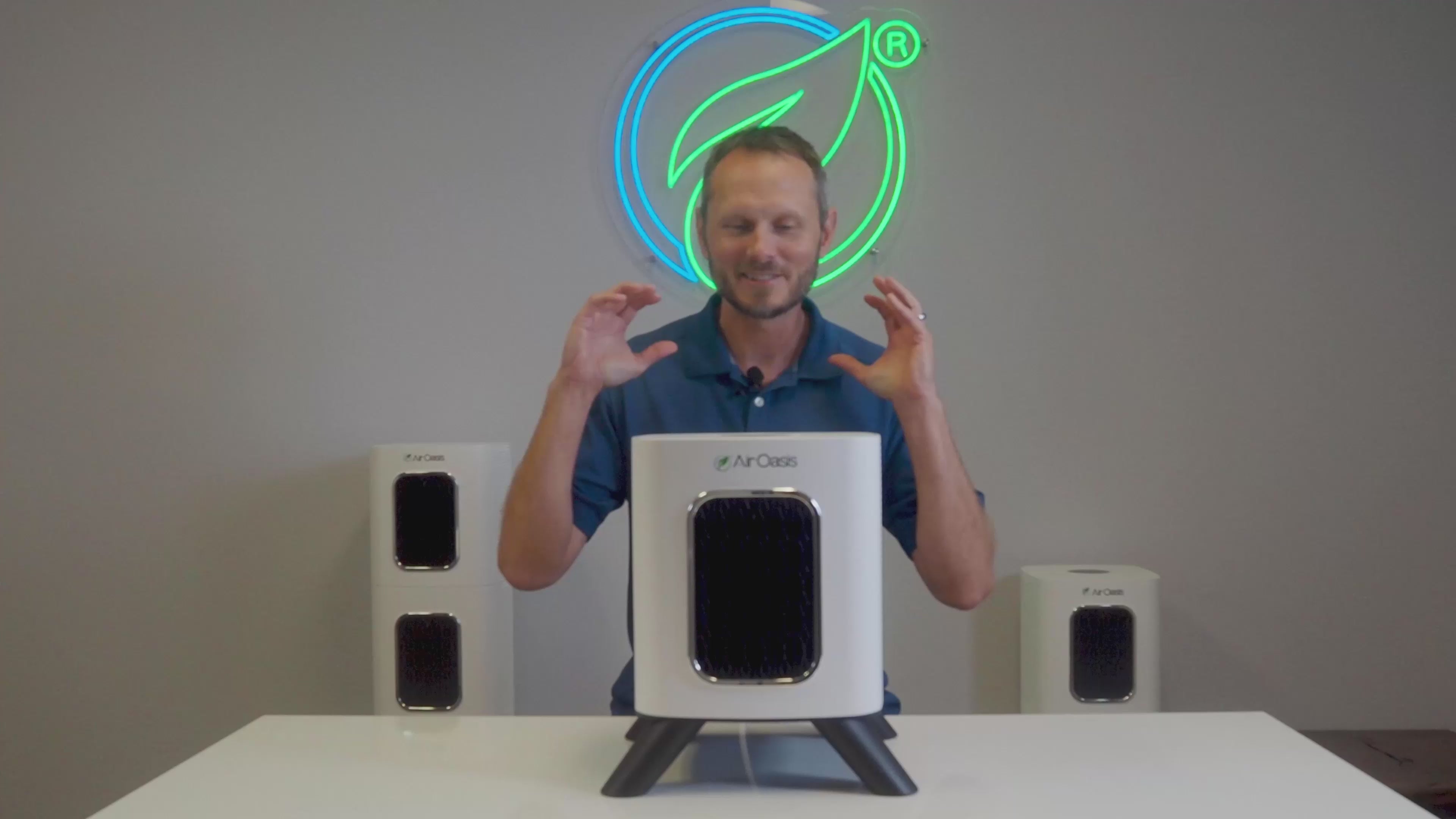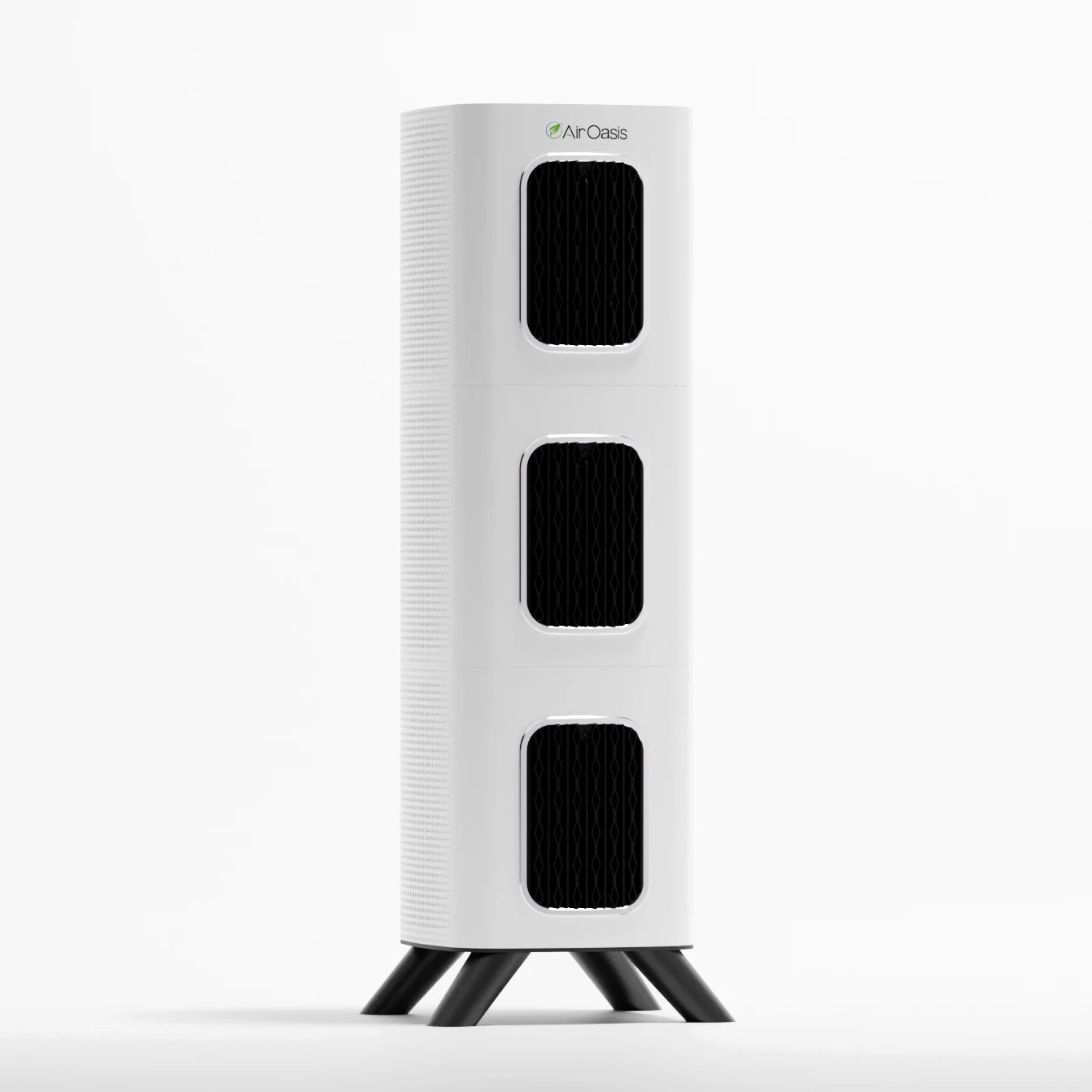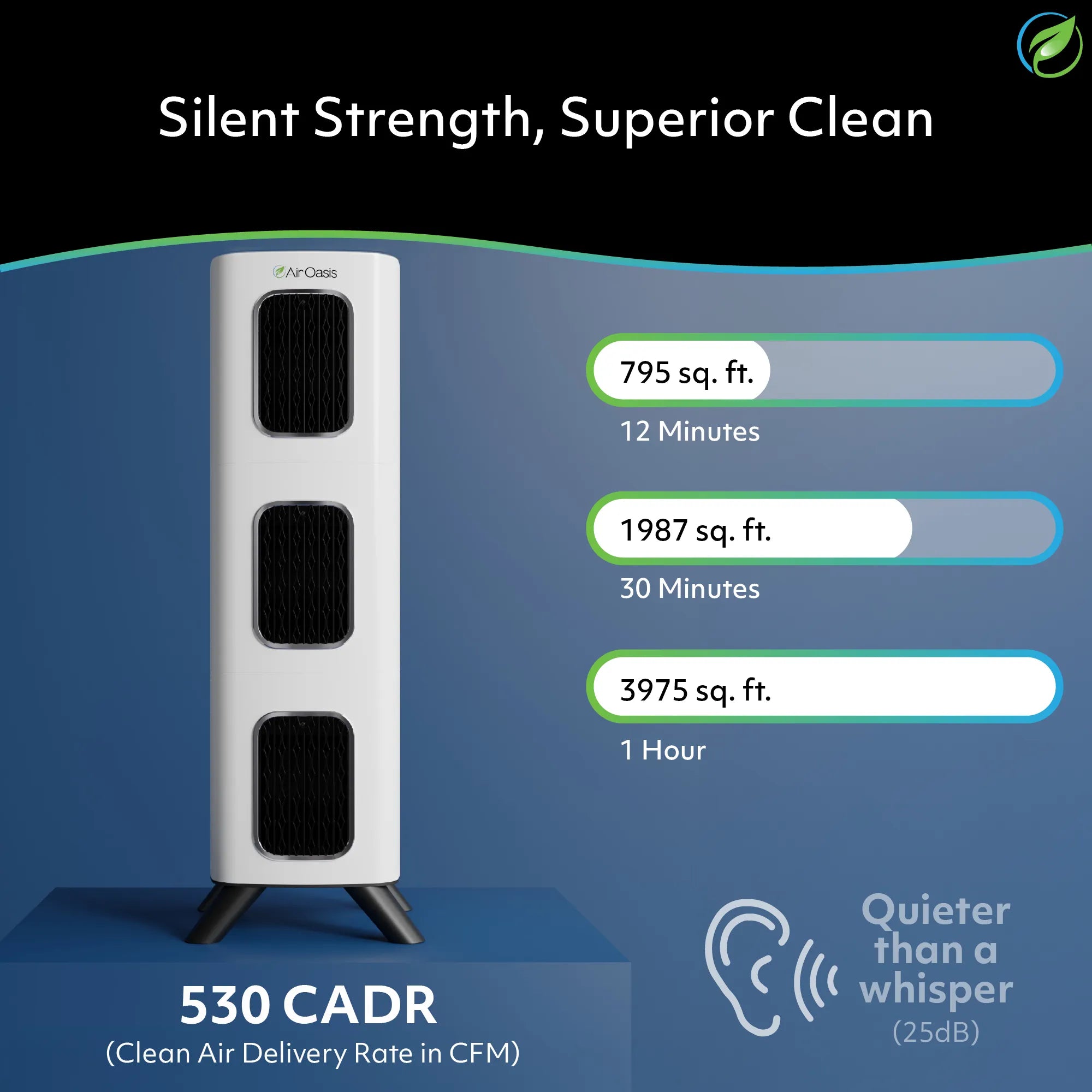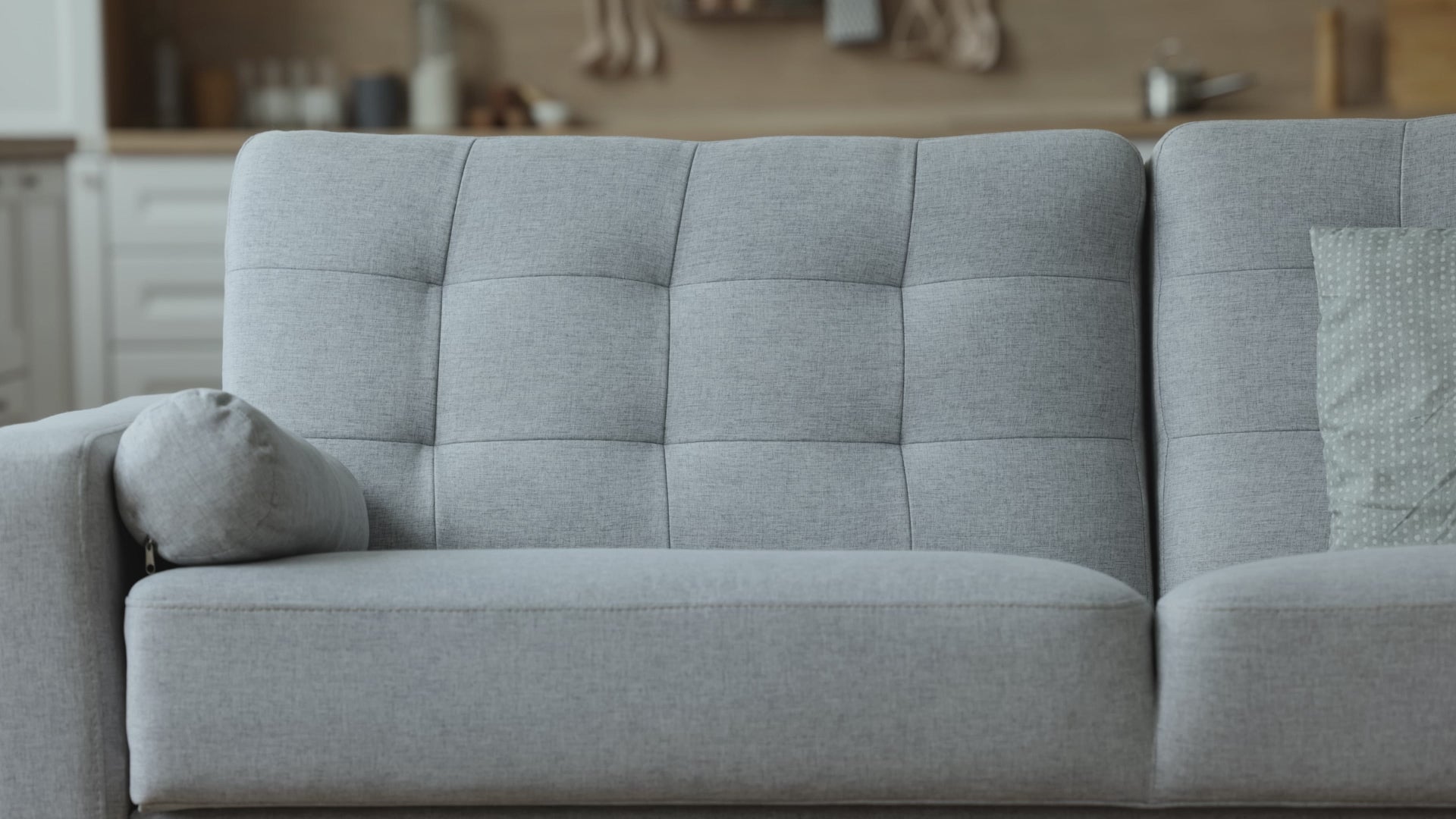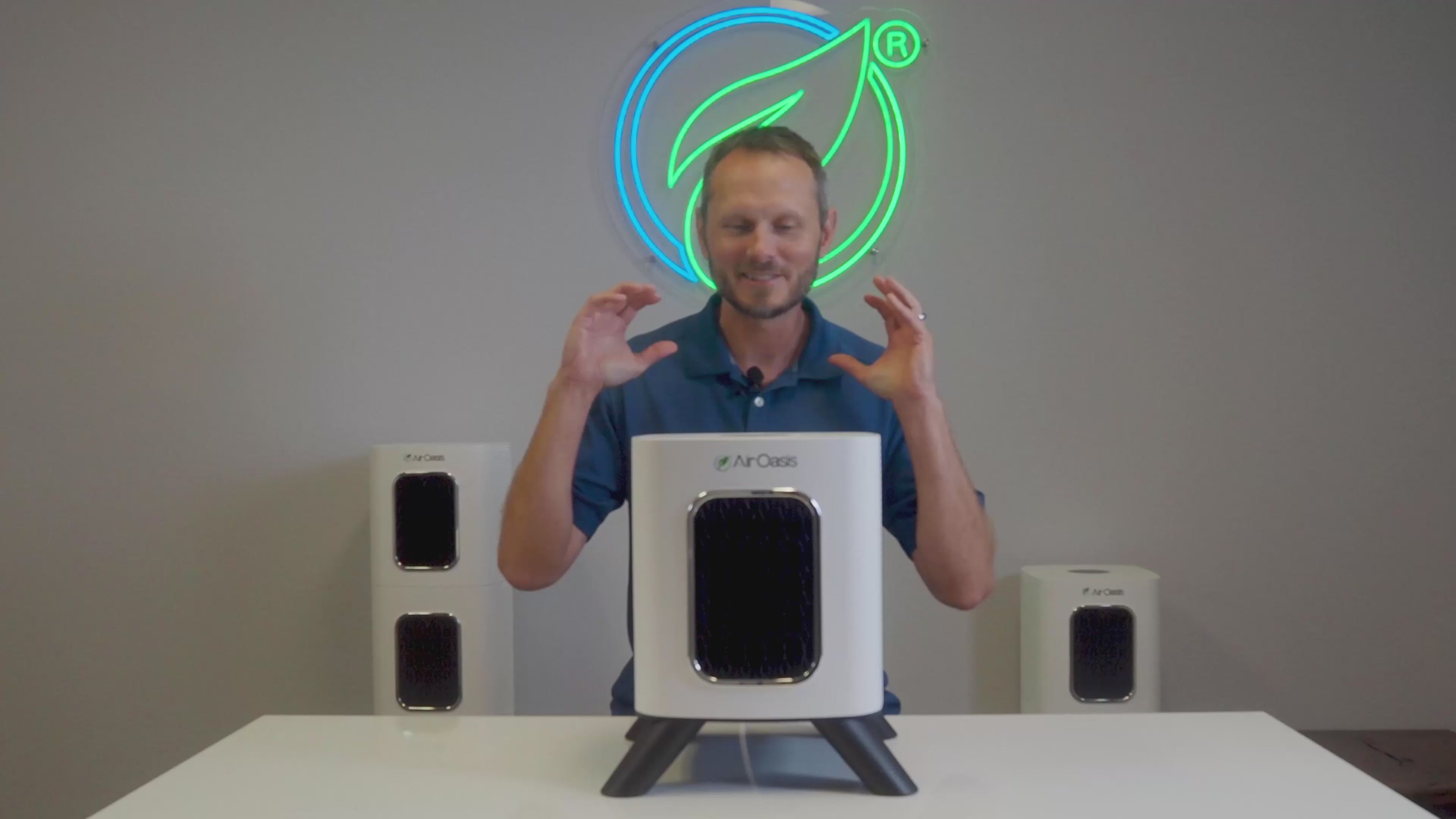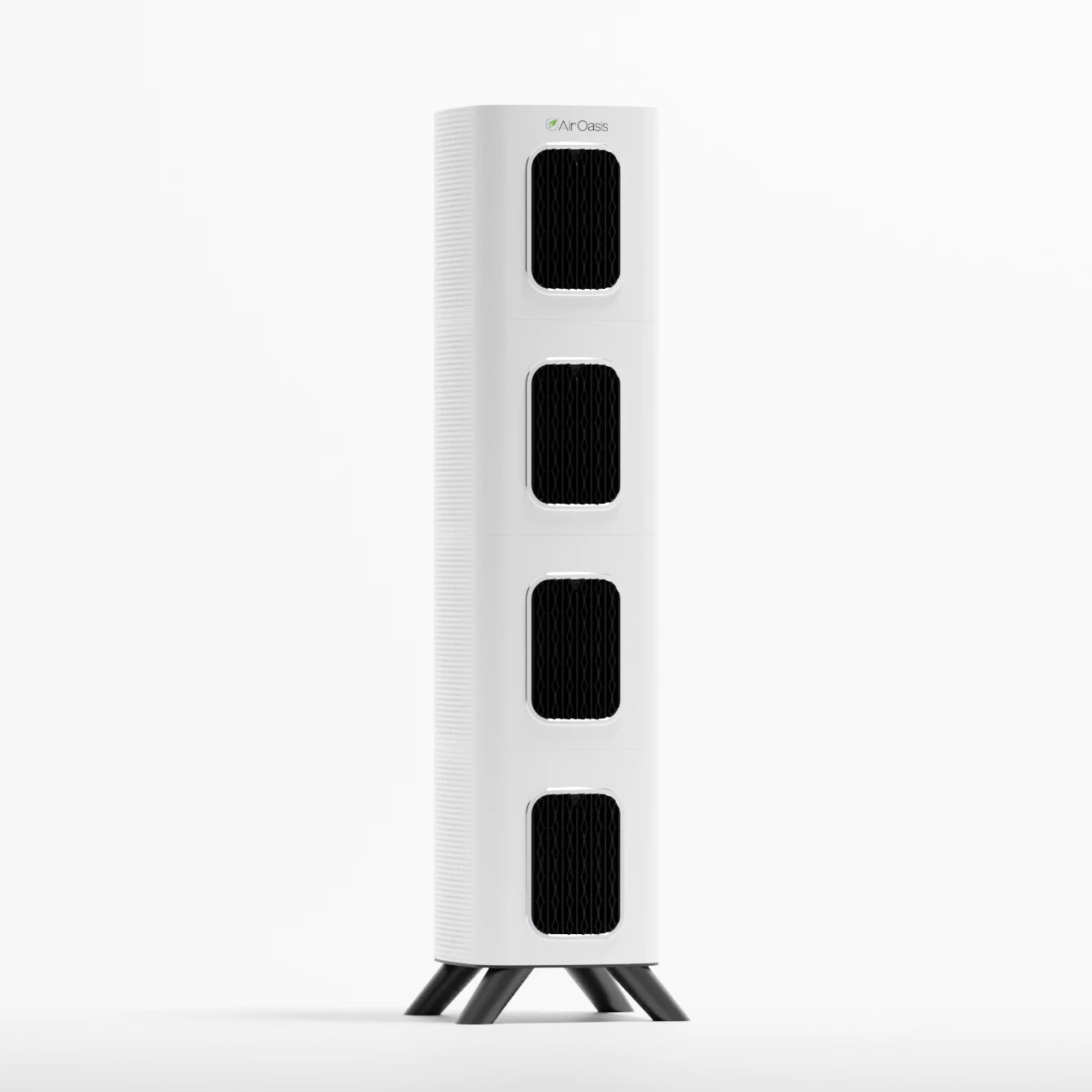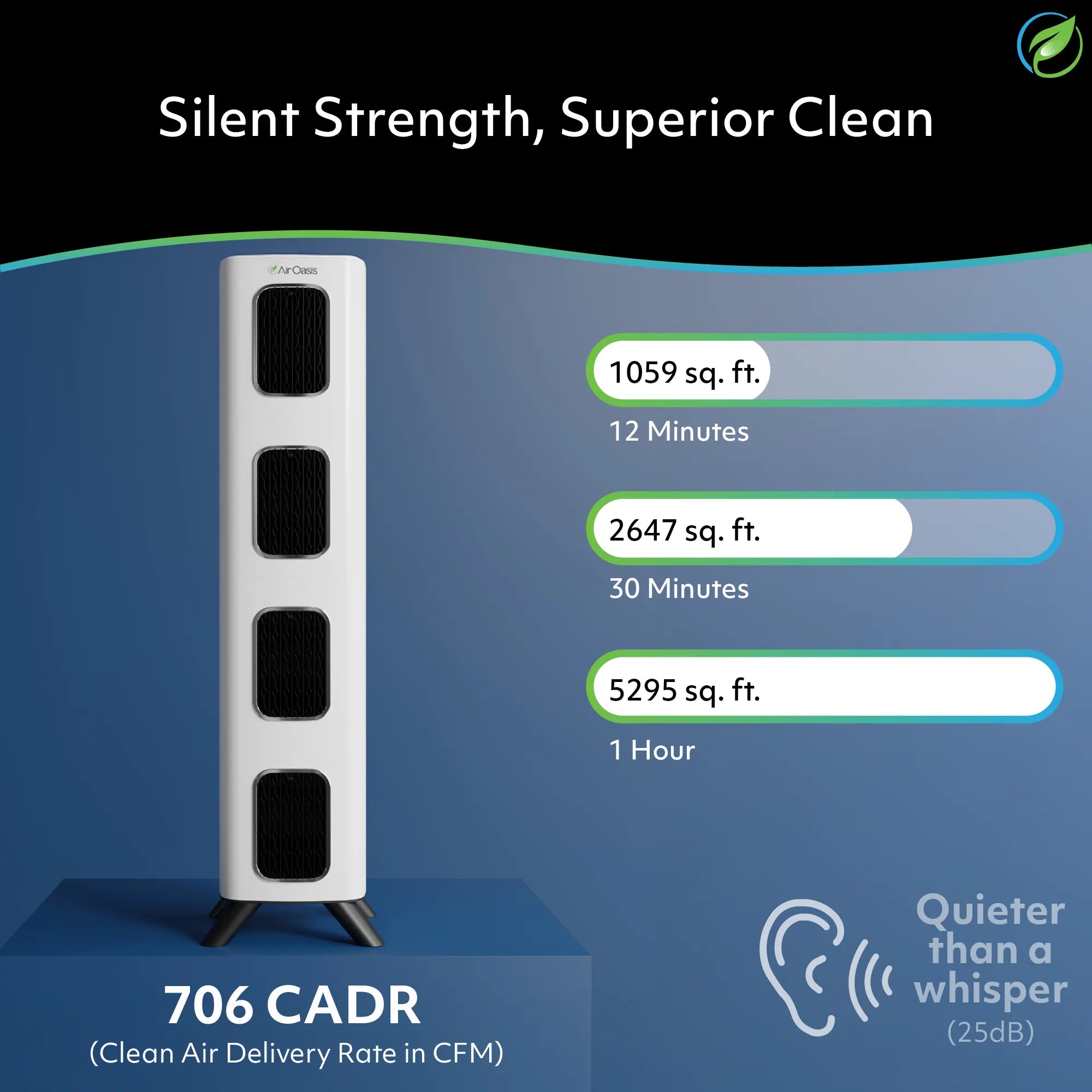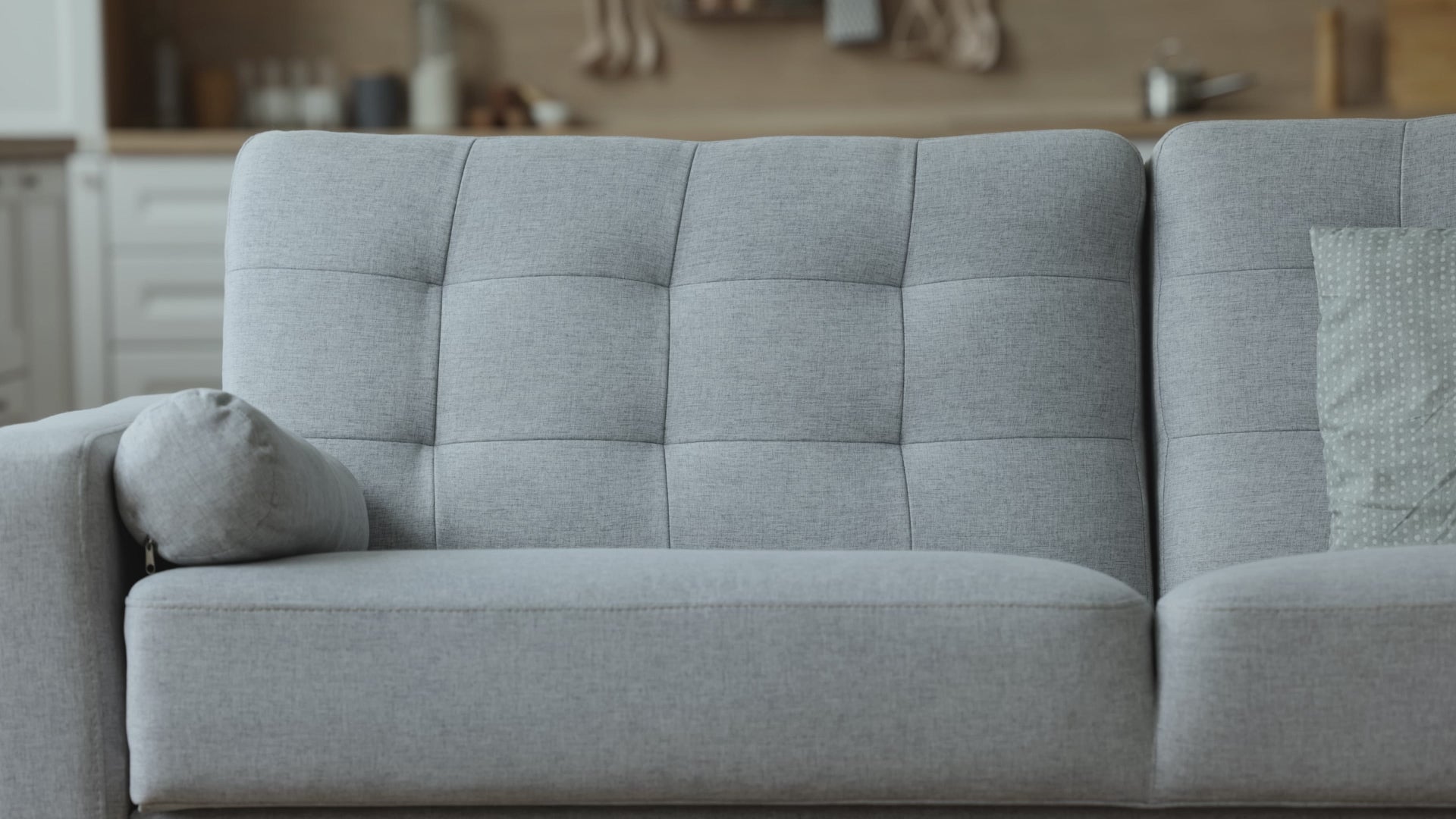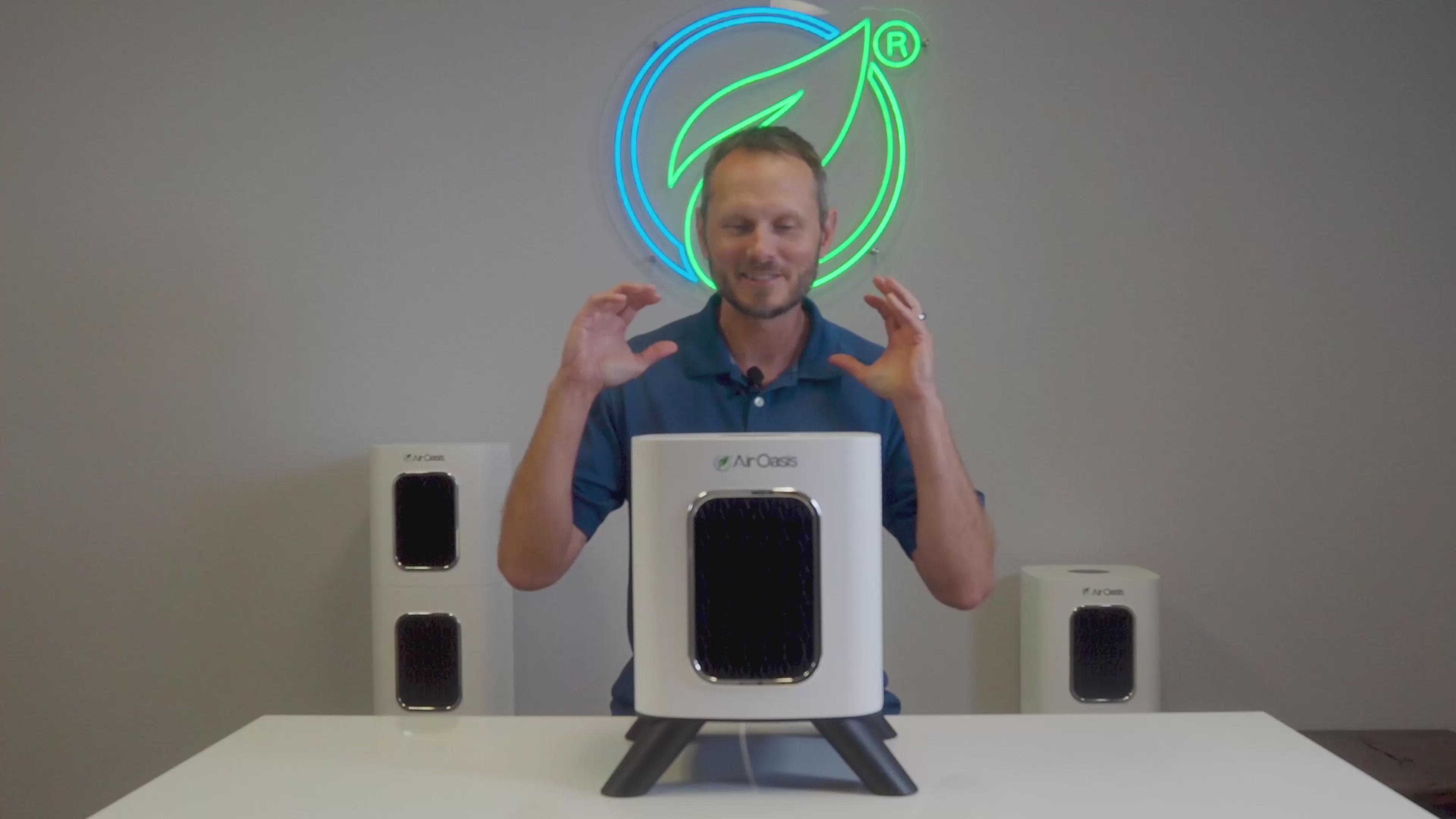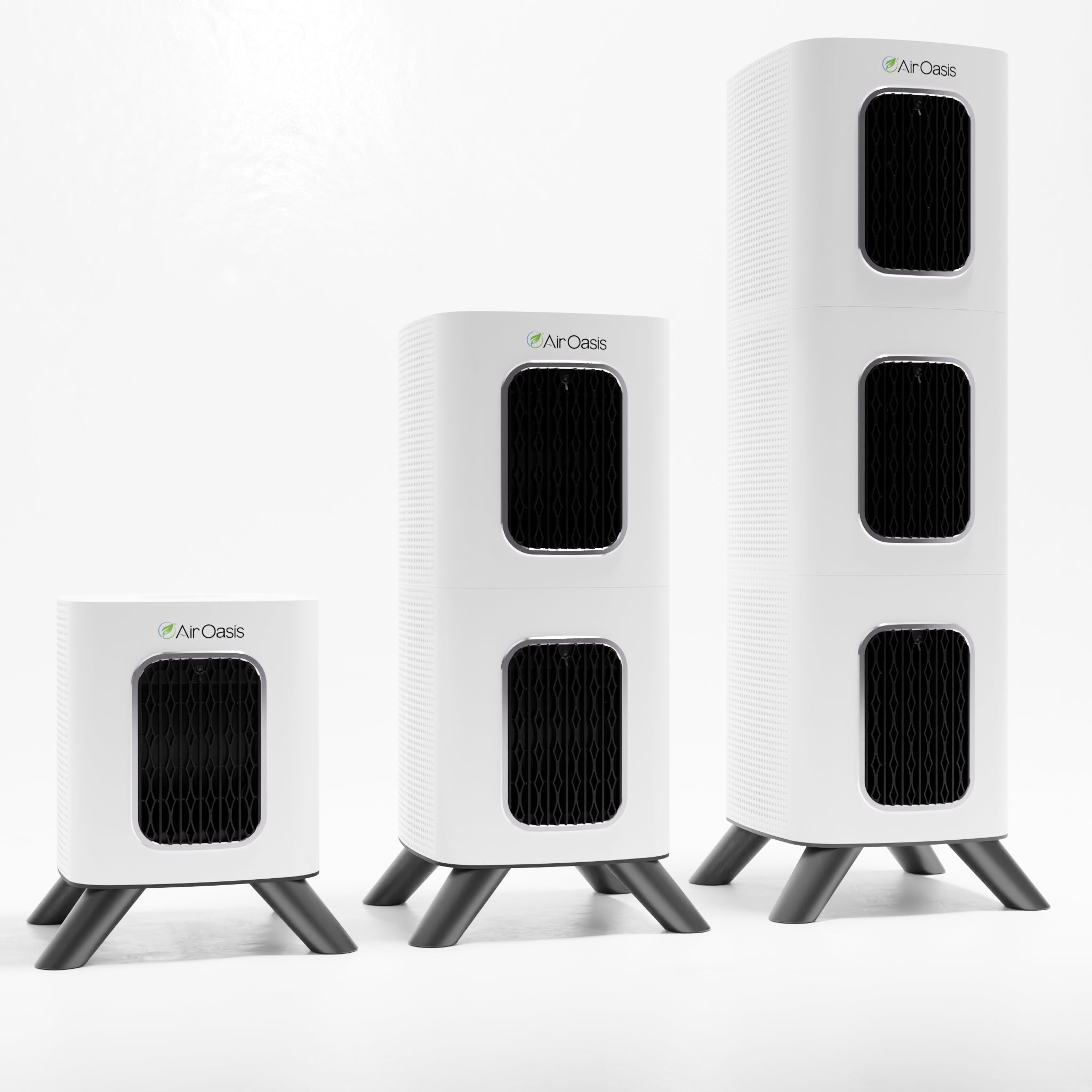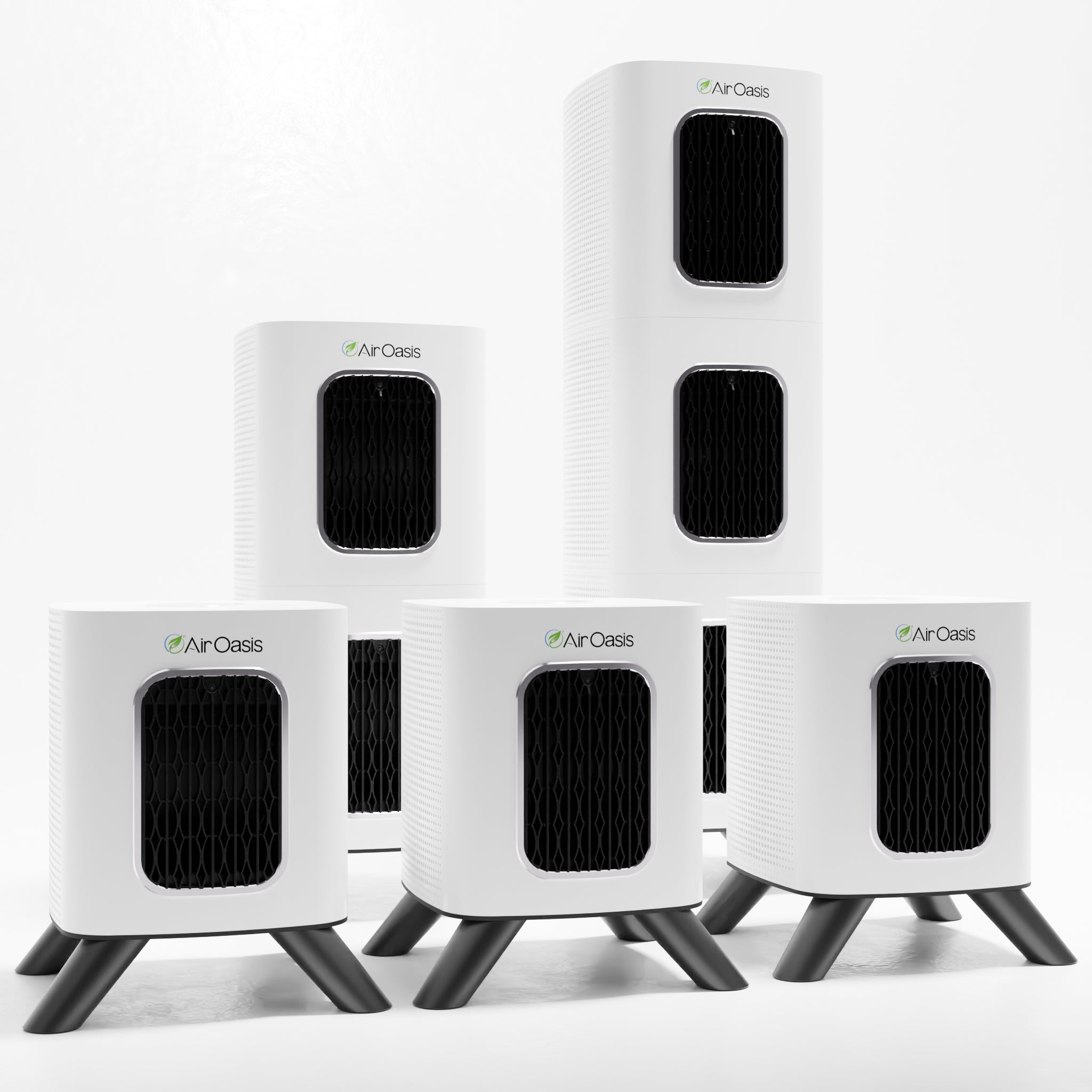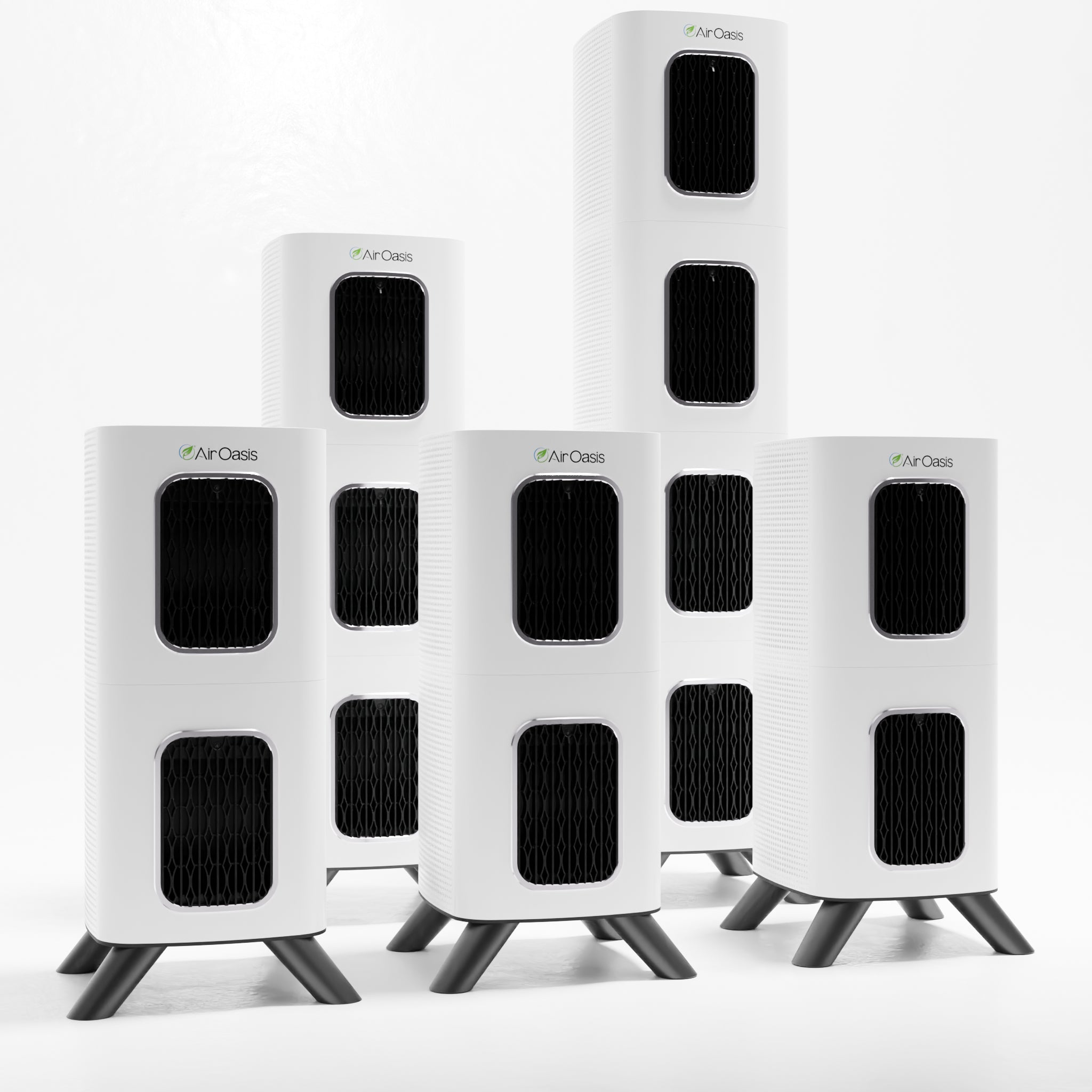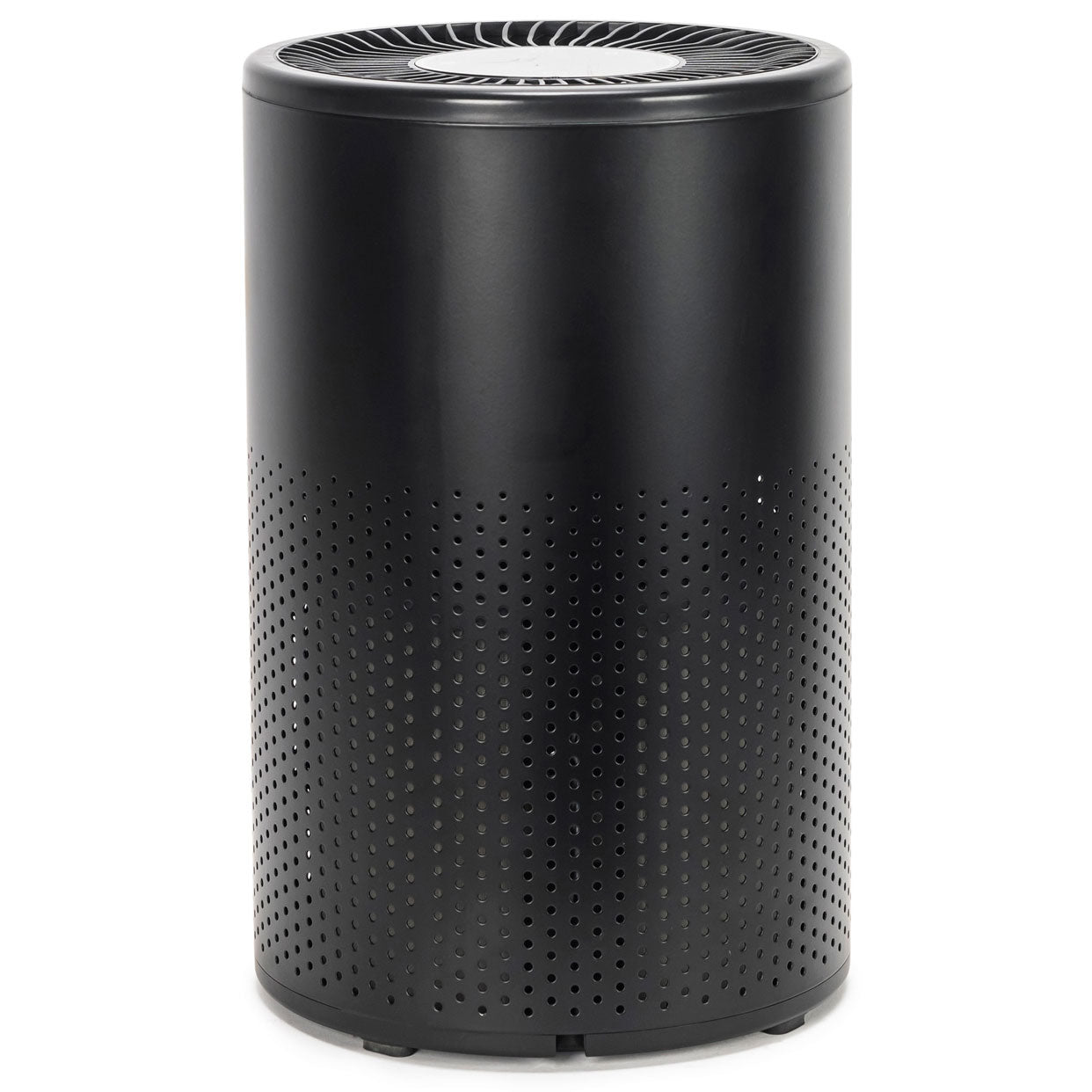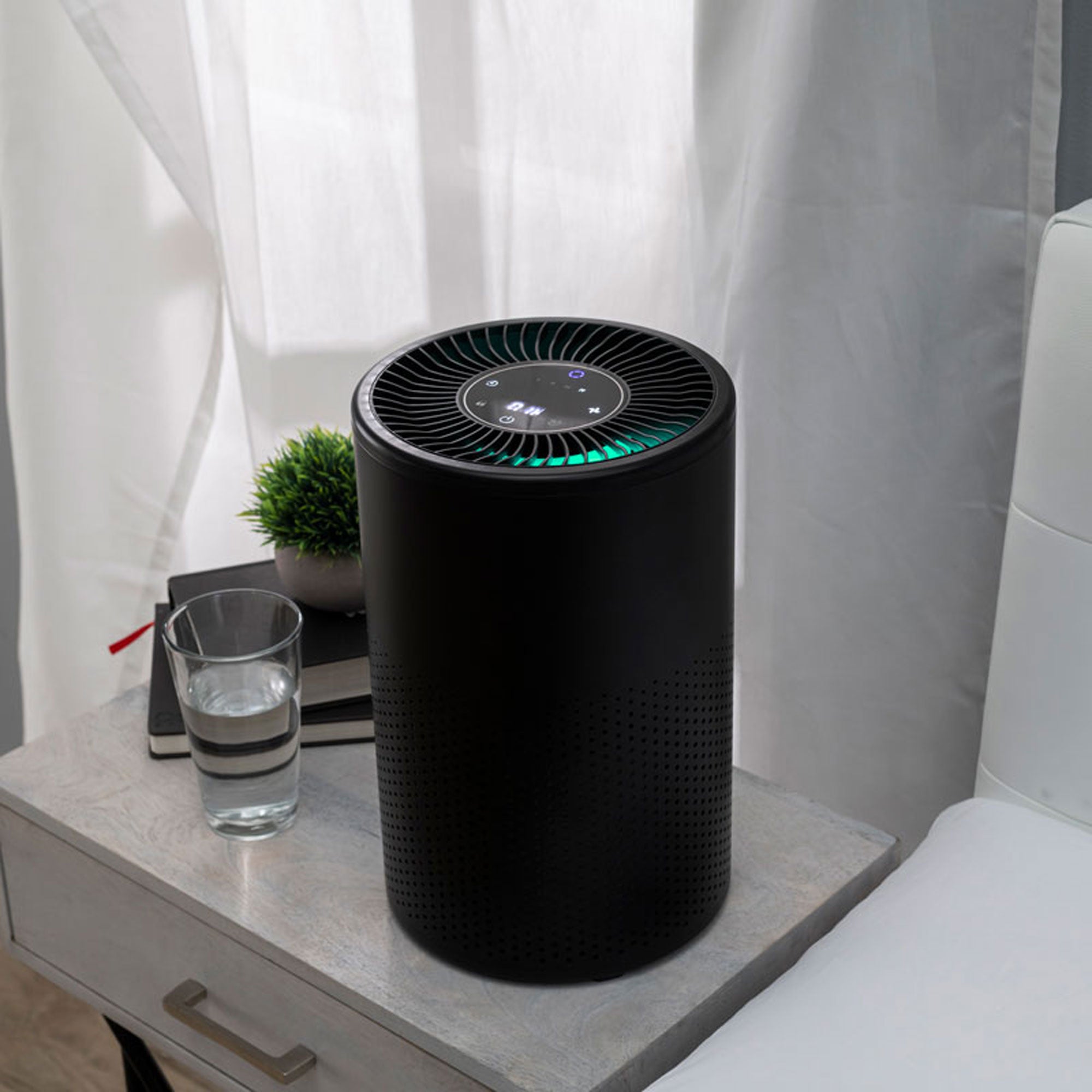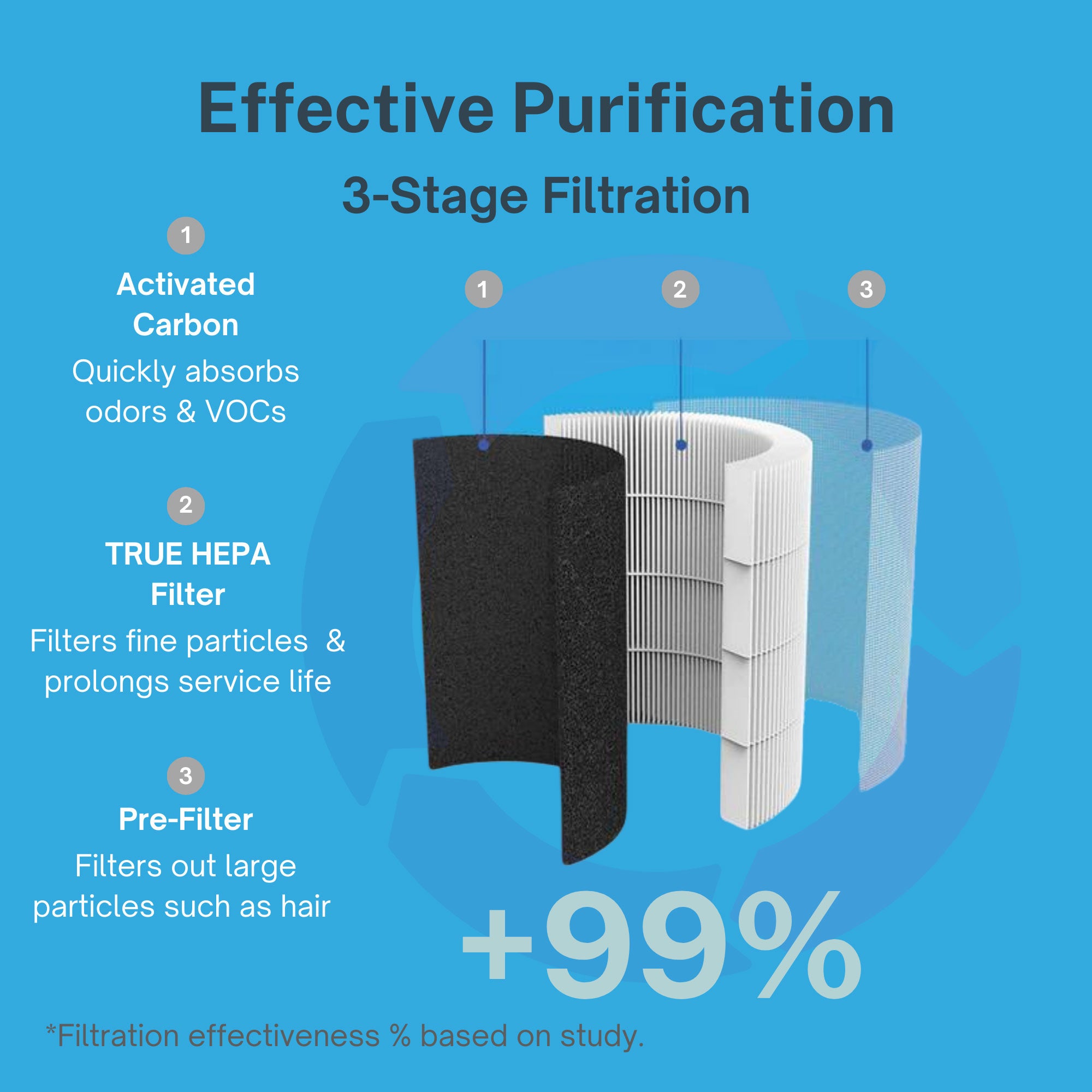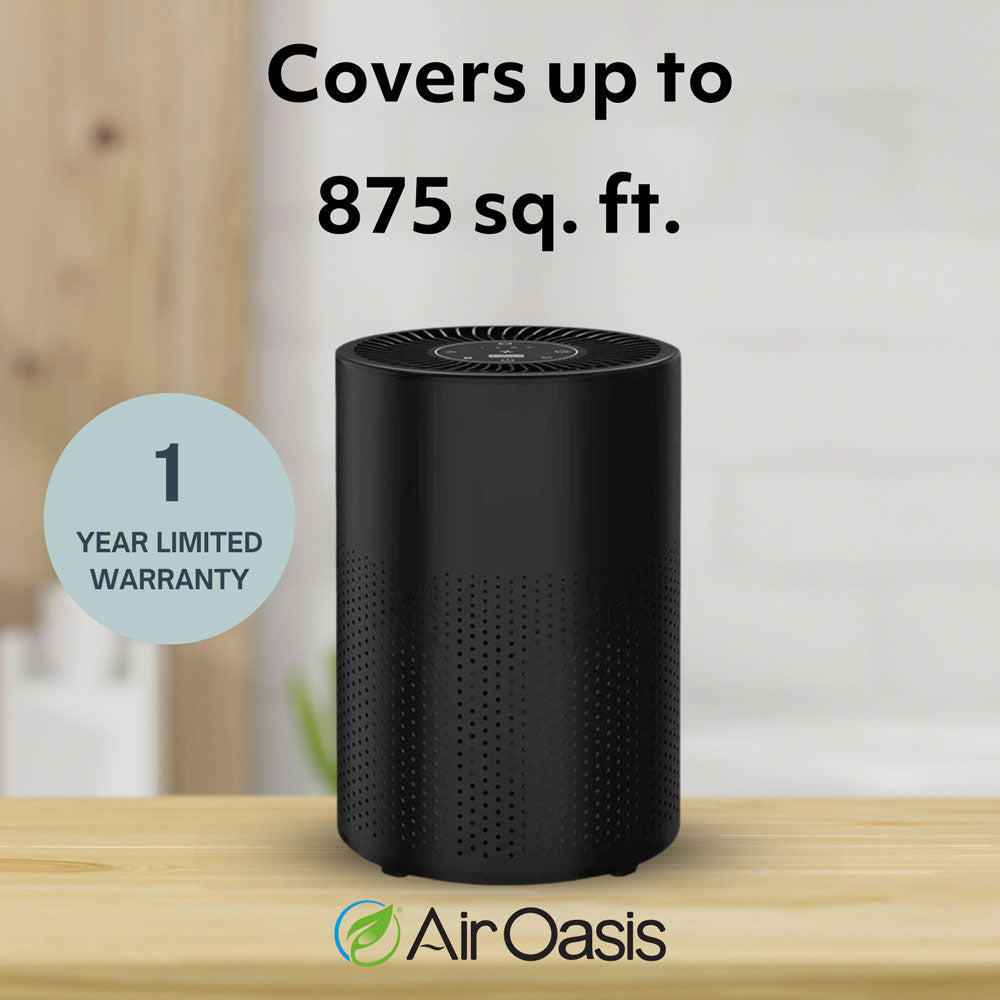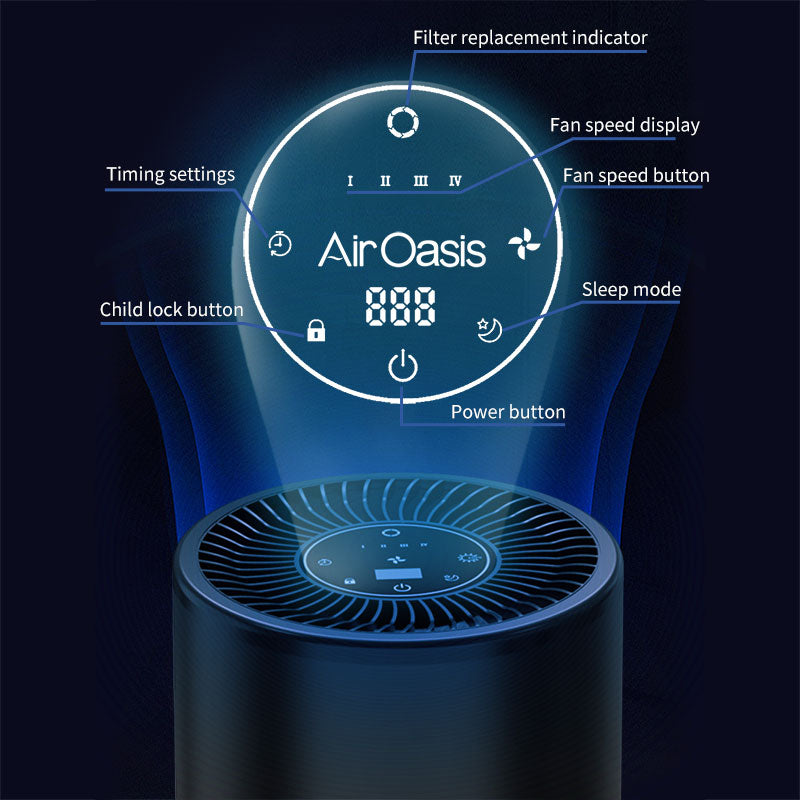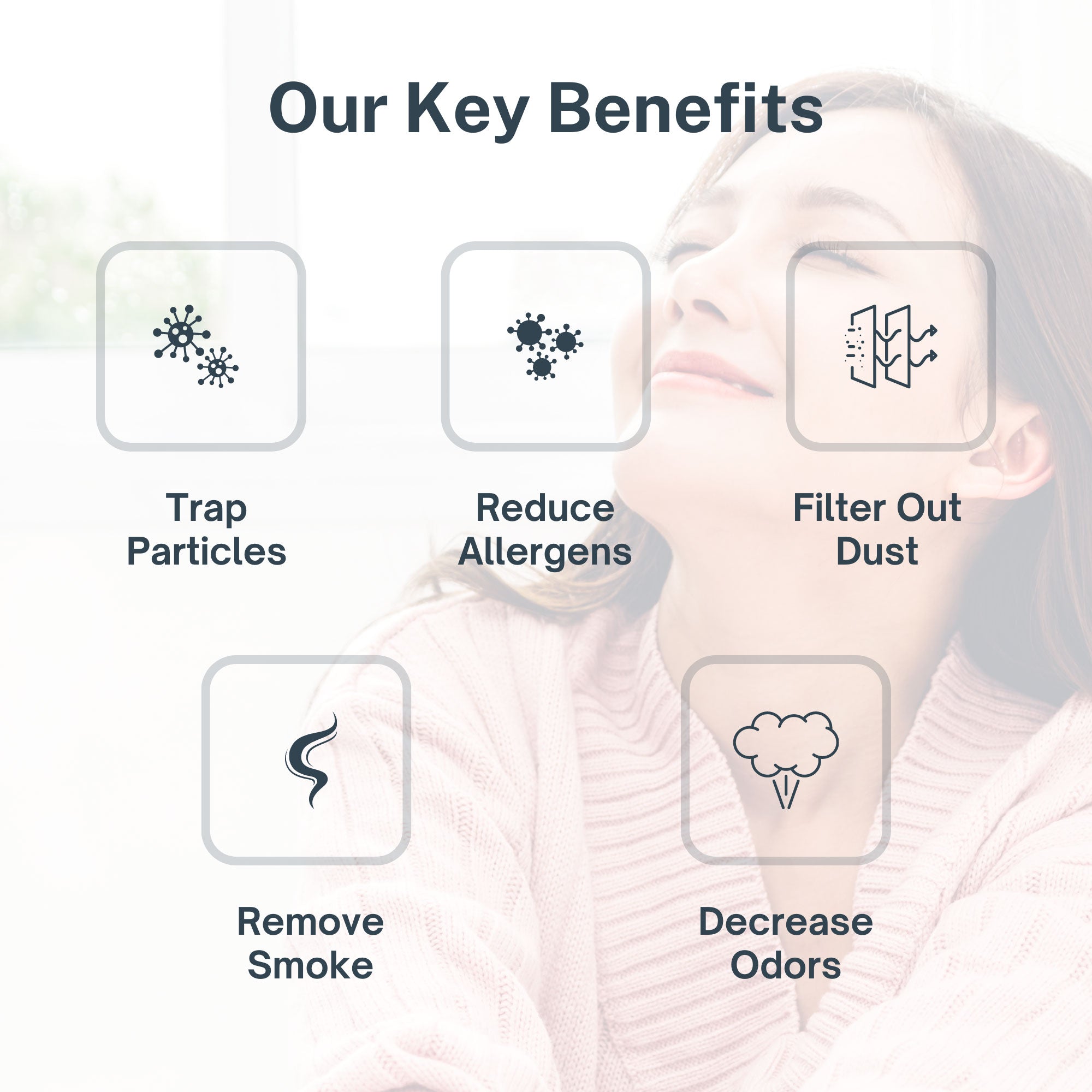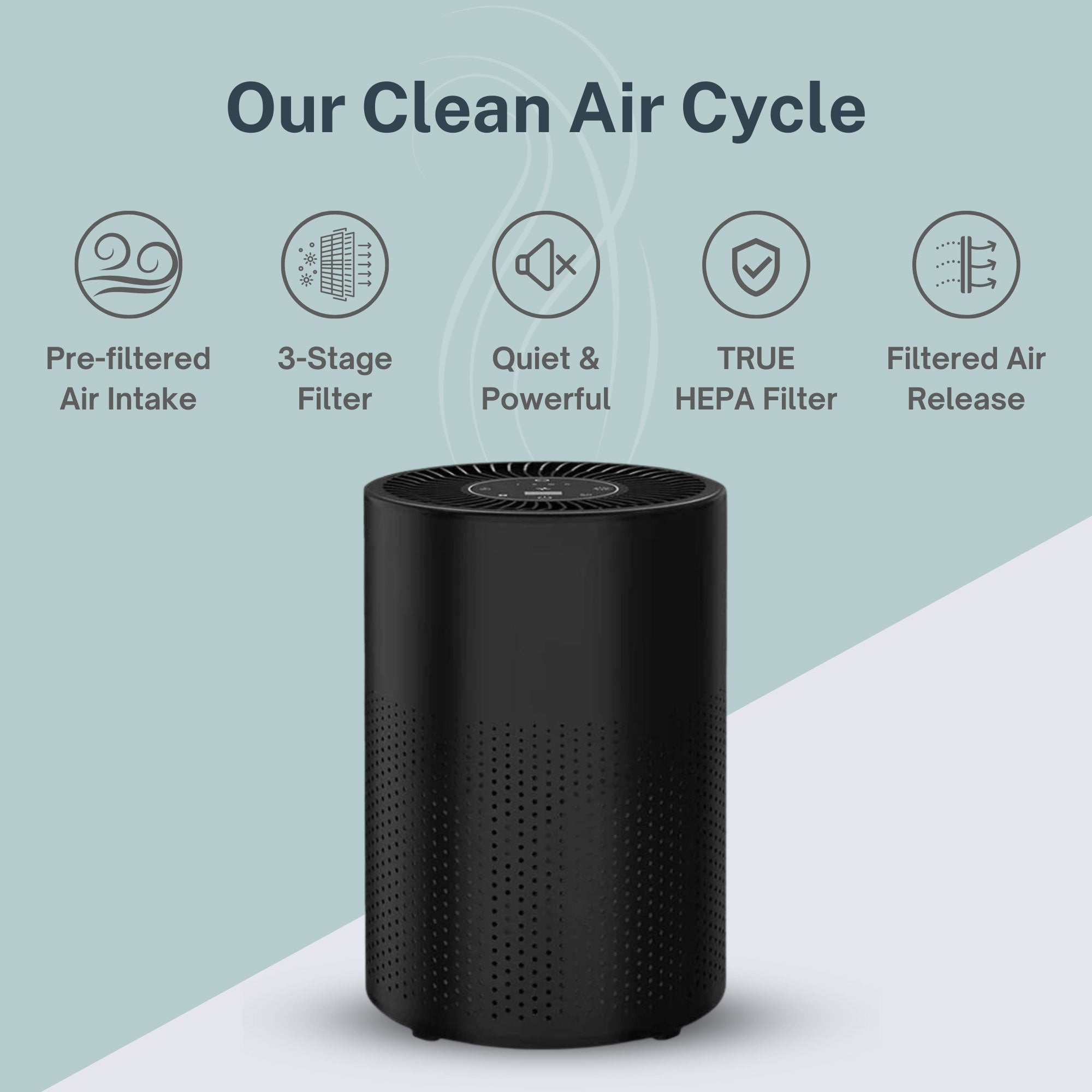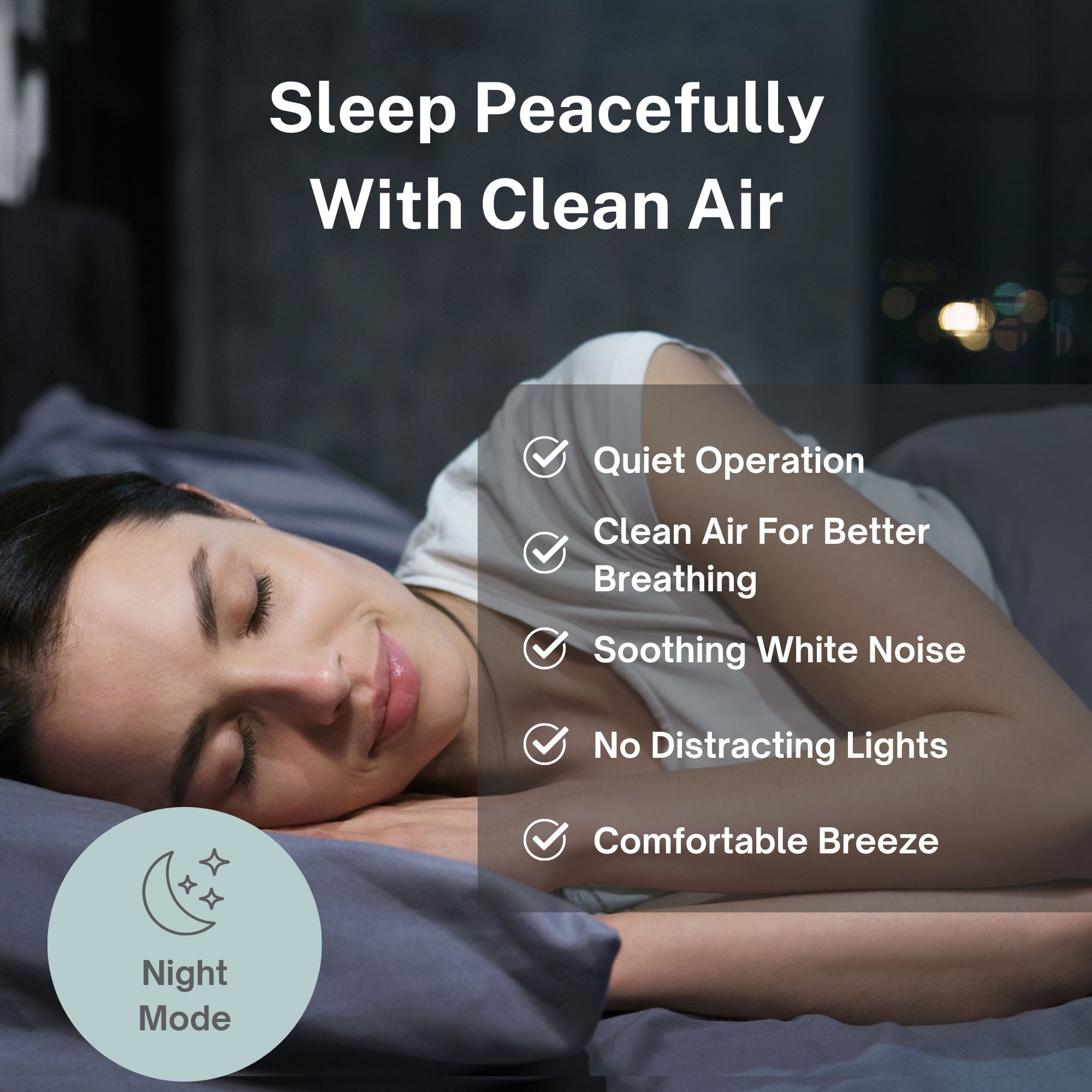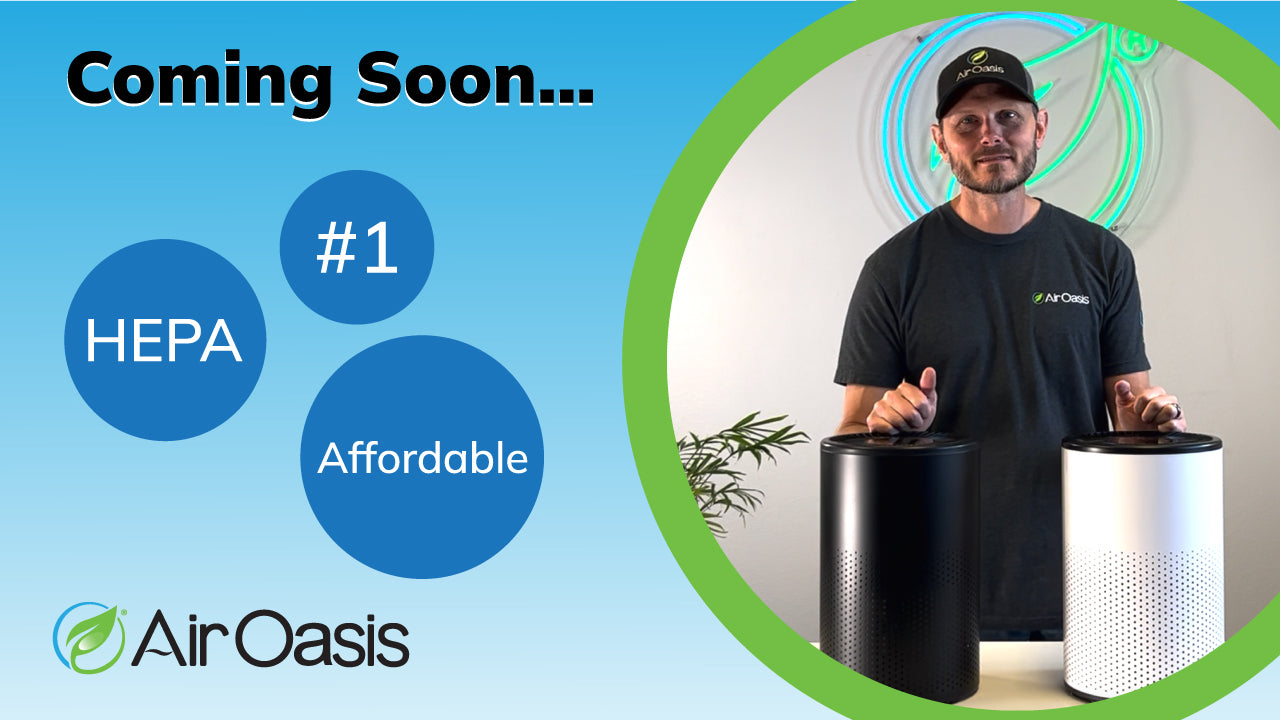Indoor air quality is something we don't often think about until it becomes an obvious problem. One of the most common indoor air contaminants is mold, which can grow unchecked in damp, humid environments.
While we may try to ignore mold, it can have real and detrimental effects on physical and mental health. This is especially true when mold growth goes unaddressed. Let's explore the impact of mold exposure on mental health and the steps you can take to improve indoor air quality.
The Link Between Mold and Mental Health
There is growing evidence that mold exposure can lead to psychological distress and mood disorders. How exactly does this happen? Mold and the allergens it produces, like mycotoxins and actinobacteria, can cause upper respiratory issues, asthma attacks, headaches, and other health issues. Dealing with chronic health problems understandably takes a mental toll.
Additionally, some mold-related toxins are known to have neurological effects, potentially impacting cognitive function, memory, and mood regulation. Mycotoxins may also limit blood flow and oxygen to the brain, which can impair concentration and productivity.
Beyond the physical symptoms, simply living or working in a moldy home or office environment can create stress and anxiety. There may be uncertainty about how mold is impacting your family's health. You may also feel frustrated by being unable to use parts of your home. Overall, the constant worries over mold problems and related health issues can diminish your quality of life.
Understanding Mold Exposure
To tackle a mold problem, it helps to understand what exactly mold is and how it spreads. Mold is a type of fungus that reproduces via tiny spores. It thrives in damp, humid environments with inadequate ventilation. While mold spores are present everywhere outdoors, they become problematic when they accumulate inside our living spaces.
Signs of indoor mold growth include musty odors, visible discoloration on walls or ceilings, peeling paint or wallpaper, and condensation build-up on windows or other surfaces. Pay special attention to potential water damage areas like under sinks, around windows, or in basements. It's imperative to address any leaks, flooding, or moisture buildup right away to prevent mold overgrowth. Look for hidden mold in ventilation systems, under carpets and flooring, and behind furniture or walls.
There are many different tests you can use to determine whether you have a mold issue, including indoor air sampling kits and professional mold testing.
Take prompt action at the first sign of mold. Left unchecked, it will continue spreading, leading to more severe contamination that can be very difficult and costly to remediate.
Strategies for Preventing Mold Growth
Let's look at some top tips for controlling humidity levels and discouraging mold growth in your home or office:
- Use dehumidifiers to maintain indoor humidity under 50%. Use hygrometers to monitor humidity.
- Open windows regularly to increase air circulation. Use fans to improve airflow, especially in problem areas.
- Ventilate bathrooms, laundry rooms, and kitchens well to remove moisture.
- Use exhaust fans when cooking, showering, or doing laundry.
- Allow wet items like shower curtains and bath mats to fully dry between uses.
- Clean and disinfect humidifiers, dehumidifiers, AC units, and ventilation systems regularly.
- Fix any plumbing leaks immediately and address damp basements or crawlspaces.
- Clean and disinfect any moldy surfaces with proper remediation products.
- If mold is present, contact a professional remediation company to evaluate and remediate the environment.
Making indoor air quality a priority by controlling humidity and promptly fixing moisture issues will go a long way in preventing hazardous mold growth.
The Role of Air Purifiers in Improving Indoor Air Quality
Air purifiers provide an added layer of protection against mold and other airborne contaminants. These devices work by pulling air through filters designed to capture mold spores, pollen, dust, pet dander, and more. The clean, purified air is then recirculated back into the room.
Air purifiers are highly effective at reducing airborne mold levels. They also lessen mold odors and allergens. Position air purifiers near known problem areas such as bathrooms, basements, or kitchens. Units equipped with HEPA filters or UV light technology work best for mold removal.
By constantly cycling and filtering the air, experiencing huge benefits for your mental outlook becomes possible:
- Reduced stress knowing your family is breathing cleaner air
- Decreased mold-related health issues
- Improved sleep, energy, and productivity
- Ability to fully use your home without mold worries
- Peace of mind from added protection against indoor pollutants
Air Oasis is a trusted brand that offers medical-grade air purification solutions for home and office use. Their iAdaptAir units use a best-in-class combination of technologies like HEPA filters, carbon filtration, UV-C light, bi-polar ionization, and silver ions to remove mold, allergens, odors, viruses, and other contaminants.
Customers love the sleek, quiet designs and how the air purifiers drastically improve indoor air quality. Many report relief from mold-related health problems, fewer sick days, and improved sleep and concentration. The products are an excellent long-term investment for your air quality and overall well-being.
Reduce Mold-Related Mental Health Impacts with Air Oasis
Left unchecked, mold can negatively impact mental health due to related health issues, cognitive effects, and constant worry over contamination. While moisture control and ventilation are key, air purifiers add vital protection against mold growth.
Investing in quality air purification can greatly reduce mold-related health problems, stress, and anxiety. With cleaner air, you and your family will breathe easier and enjoy a calmer state of mind. Experience what customers love about Air Oasis and shop their innovative air purifiers today. You deserve to feel healthy and relaxed in the comfort of your home.




